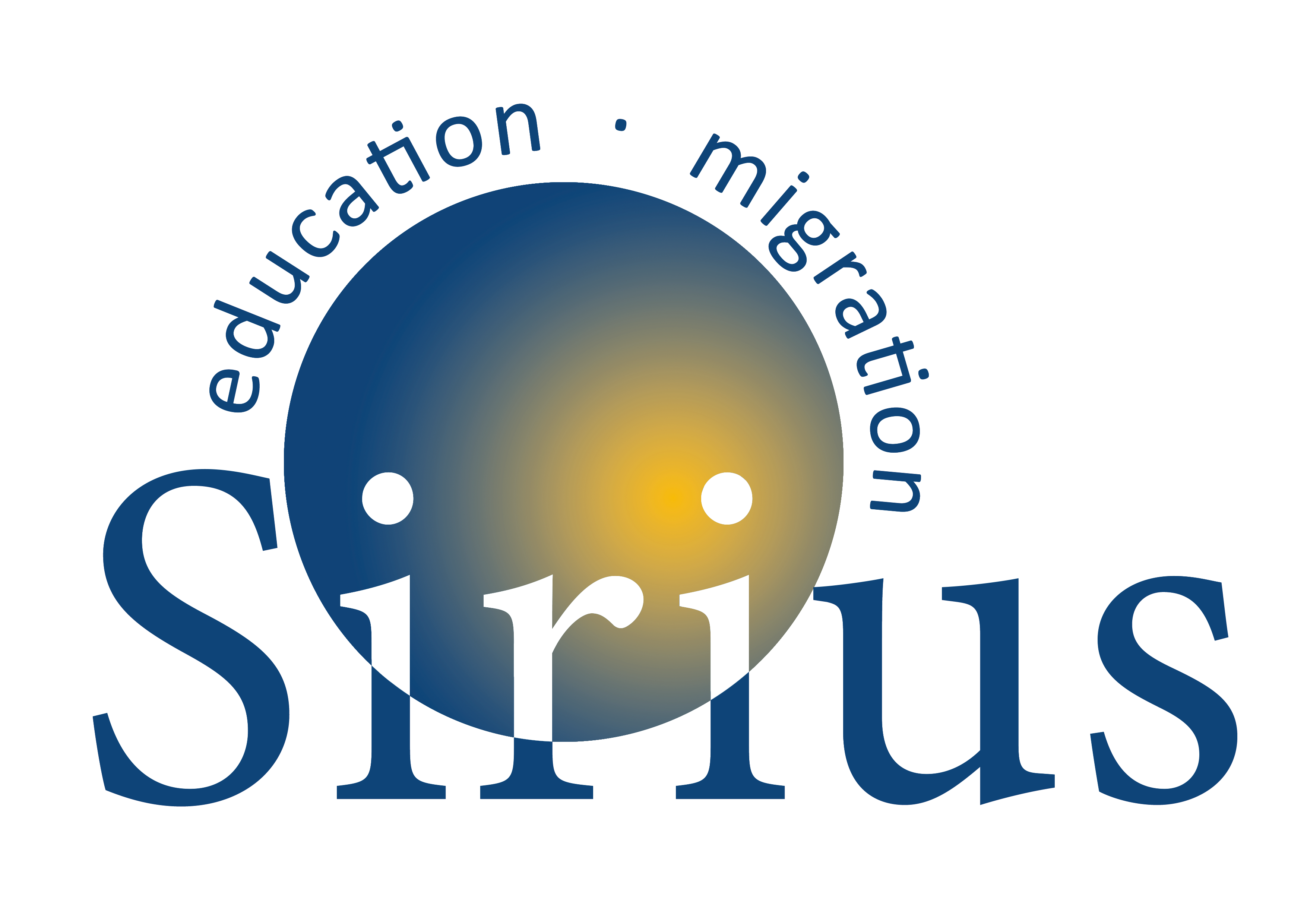The law in Spain states that the public Administration is responsible for implementing practices that promote the integration of pupils with a migrant background into the education system. Consequently, it is up to the regional governments (comunidades autónomas) to develop such integration in their contexts. The outcome of all is a heterogeneous map of 17 education programmes that implement this regulation in a diverse way.
Spain hosted 797,618 pupils with a migrant background in its classrooms at all levels of education during the 2018-2019 academic course. All those students were integrated in an education system that was ruled under the principle of equity. In terms of schooling, pupils with a migrant background were supplied with full universal access to compulsory education between the ages of 6 and 16 as their native peers, with no discrimination at all, and children between 3 and 6 years attended to pre-school establishments in rates higher than 95%.
However, the Spanish education system shows a significant gap in schooling from 0 to 3 years old, as well as in vocational education. This prints a significant impact on migrant population, with low rates of schooling of their youngest children. Surprisingly, the migrant population rates in vocational education are higher than the average, as this education has a low prestige in Spanish society, and it is mainly devoted for early school leavers and those without an academic accreditation.
In terms of academic achievement, data show that there is still a long way to go. Recent research states that the probability of repeating a low socioeconomic quartile pupil is almost 6 times higher than that of a high socioeconomic quartile pupil. If we consider that pupils with a migrant background are mostly concentred within the low socioeconomic quartile, we easily conclude that these pupils achieve worse academic results than their native classmates in big proportions. Grade repetition rates are also higher for migrant pupils than their native peers.
The policy measures for moving on equity for all (migrant pupils included) are clear: a significant budget increase, better school management, improving the curriculum model, improving the both internal and external school assessment system, improving teacher training, promoting a democratic management, introducing community education and increasing schools’ autonomy. The more the education system becomes better for all, the more the pupils with a migrant background will become more successful at school.
In 2019, the Spanish SIRIUS National Round Table focused the attention on three of these measures: the promotion of a democratic school management through the improvement of migrant parents participation, the teacher training addressed to those teachers working in highly concentrated settings, and the participation of youngsters in non-formal education, especially those identified as unaccompanied minors.


